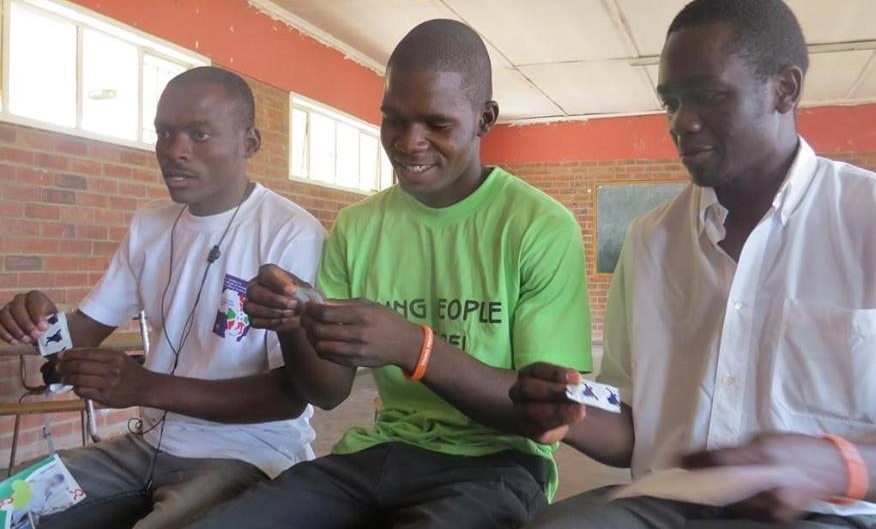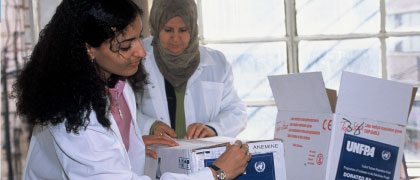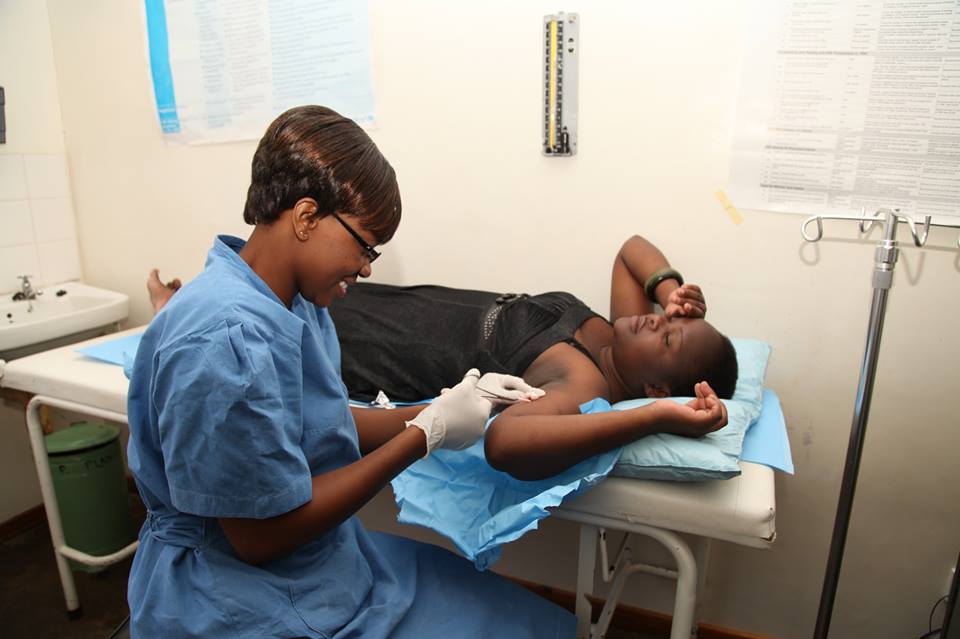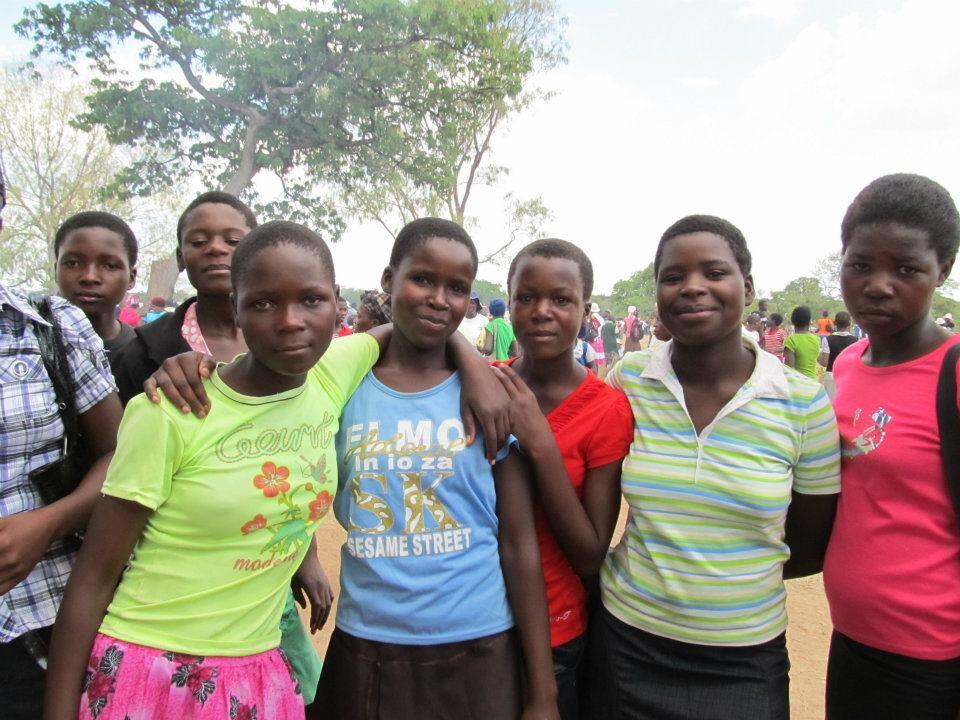Iron those trousers properly! Make sure that Sadza comes out good, and be sure to wake up early to sweep the house before anybody else! Decades later the words still ring in my ears and the clincher at the end was always the same “Uchadzoswa iwe!” (You shall be returned!) This was my ten year old life back in 1985.
Uchadzoswa iwe!” (You shall be returned!)
Looking back it looks like everything I was called to do, all the efforts to groom me were in preparation for that distant future, my future, with my husband and his family. These in-laws who at the sight of one burnt piece of meat, at the delay of one hot bucket of bath water, it would seem indeed at the drop of hat, would immediately bundle me up and send me straight back to my parent’s home! Ashamed, with my tail between my legs, having failed as a wife, a mother and a daughter in law. Unfortunately for me I was never really the domestic type, I was never the one who enjoyed cooking and cleaning and keeping house. All I wanted was a good read. I cannot count the number of times a meal was burnt to a crisp, or a tub of water overran under my watch, all because I was deeply engrossed in my book, my mathematical equation or some other academic pursuit. What always followed was an overplayed script; a good hiding and those ominous words “Uchadzoswa iwe!”
These memories have me thinking; has the world changed for the ten-year-old day girl of 2016? Are these same words still her daily fodder as her family struggles valiantly to prepare her for that married future? Is this still the only available, nay acceptable future for a young woman to be considered accomplished? The great bard William Shakespeare wrote:
There is a tide in the affairs of men, which taken at the flood, leads on to fortune. Omitted, all the voyage of their life is bound in shallows and in miseries. On such a full sea are we now afloat.”
On July 11, 2016 Zimbabwe joins the rest of the world in commemorating World Population Day whose theme this year is “Investing in Teenage girls”. This commemoration also happens at time when Africa is seized with the debate about harnessing a demographic dividend. The tide is coming in.
The demographic dividend is an economic boom enjoyed by countries that have made the right social and economic investments. Prerequisites are a shift in the population structure that reduces the dependency ration and strong investments in young people. Globally, teenage girls face more and greater challenges than their male counterparts. In many countries, a girl who reaches puberty is deemed by her family and community as ready for marriage, pregnancy and childbirth. She may be married off and forced to leave school. She may suffer a debilitating condition from delivering a child before her body is ready for it. She may be denied her human rights.
Without education, in poor health, and with little or no control over her own body, her future can be derailed, and her potential may never be realized. In Zimbabwe one in 10 girls aged 15-19 years give birth every year, a third are married before age eighteen and a third only achieve primary education as their highest academic qualification.
When a teenage girl has the power, the means and the information to make her own decisions in life, she is more likely to realize her full potential and become a positive force for change in her home, community and nation. Every teenage girl has the right to a safe and successful transition into adulthood and the right to embrace the opportunities that the future holds for them. UNFPA, your United Nations Population Fund, is committed to promoting and protecting these rights and to supporting teenage girls to determine their own destinies.
This piece proposes investments that can be made to help us move from Uchadzoswa (You will be returned) to Uchakunda (You shall succeed).
1. Challenge gender norms that define what success is to a woman

Gender refers to the socially-constructed roles of and relationships between men and women, including conceptions of both femininity and masculinity. In my example from my experience growing up, I spoke about how my future success was measured by how well I would be able to run a household and maintain a family. The worst outcome being disgracing the family by being returned as a half-baked product! Women are well able to grow beyond the home maker role and define their success by their contributions to industry, academic and the development of humankind. As we teach our children various life skills, let us do it for their own good and not as a future marital requirement. The ability to prepare your clothing well is essential grooming for you to land that perfect job, to boost your self-esteem as you make a presentation, cooking is as much an essential skill for maintaining your good health as it is for feeding a family. We can help our teenage girls to aspire for something more. Let’s have as large a party for her attaining her first degree as we have for her wedding!
2. Keep girls in school
Girls who remain in school longer are less likely to become pregnant. An educated woman is likely to marry later and have fewer children who are more likely to survive. Development specialists estimate that each extra year of school increases a woman’s future earning by up to 15%. Girls drop out of school for a number of reasons but chief among them are family poverty, child marriage and teenage pregnancy. Family choices on what cost cutting measures to take need to be examined. Many select to keep their daughter out of school since she will marry into another family anyway, and the thinking is this will be enriching the in laws. Cash transfer programmes targeting the poorest households can alleviate this problem. Teenage pregnancy and child marriage are intertwined as either can precede the other. Both severely curtail a girl’s future. Second chance education for girls who have fallen pregnant must be promoted and the school re-entry policy well implemented.
3. Avail Comprehensive Sexuality Education

Comprehensive Sexuality Education (CSE) as an age-appropriate, culturally relevant approach to teaching about sex and relationships by providing scientifically accurate, realistic, non-judgemental information. Sexuality education provides opportunities to explore one’s own values and attitudes and to build decision-making, communication and risk reduction skills about many aspects of sexuality. Evidence shows that countries that have adopted CSE have young people that have a higher average age at sexual debut, very low adolescent fertility rates, as low as 8 live births per 1000 girls aged 15-19 years (less than 1 per 100 girls giving birth every year compared to Zimbabwe’s 10 per 100)
4. Parents and community support for responsible sexual and reproductive health behaviours

Many young people report that communication between them and their parents on issues related to sex and sexuality is often the result of a precipitating event such as the discovery of a “suspicious” communication or being seen in the company of a person of the opposite sex. The communication more often than note takes the form of recriminations and warnings and makes no space for progressive discussion. One study cited that most parents still confuse sex education with encouraging sexual initiation. The sad reality is that young people are bombarded with distorted information about human sexuality and the poor indicators on high teenage fertility and sexual transmission of HIV are testament to this.
With less room for following the traditional communication channels of Tete/Ubabakazi (Aunt) and Sekuru/Umalume (Uncle) parents will need to step in to the gap and provide the needed information and guidance. Programs that increase parents comfort and skills in doing this are essential. Let’s Chat a Parent Child Communication strategy developed by the Ministry of Health and Child Care with support of UNFPA is one such resource. Community volunteers trained to teach parents on effective communication on SRH use the Let’s Chat materials to engage parents and young people in their communities.
5. Avail youth friendly reproductive health services

Young people need access to good sexual and reproductive health services provided by trained health service providers operating in a well-resourced and youth friendly facility. Young women in particular need access to contraception which will give them the choice over when to have a child. The International Planned Parenthood Foundation (IPPF) describes youth-friendly service delivery as being about providing health services based on a comprehensive understanding of what young people in any given society or community want and need. It is also based on an understanding of, and respect for, the realities of young people's diversity and sexual rights. Our health delivery system needs to be responsive to the realities of teenage girls and offer a package of services they need at the requisite standard of care.
Instead of Uchadzoswa, let us say Uchakunda!
Tamisayi Chinhengo is a public health specialist and is the Adolescent Sexual Reproductive Specialist with the United Nations Population Fund. UNFPA Zimbabwe works with the Government of Zimbabwe and youth led organisations on programmes to ensure young people, especially girls, reach their full potential


